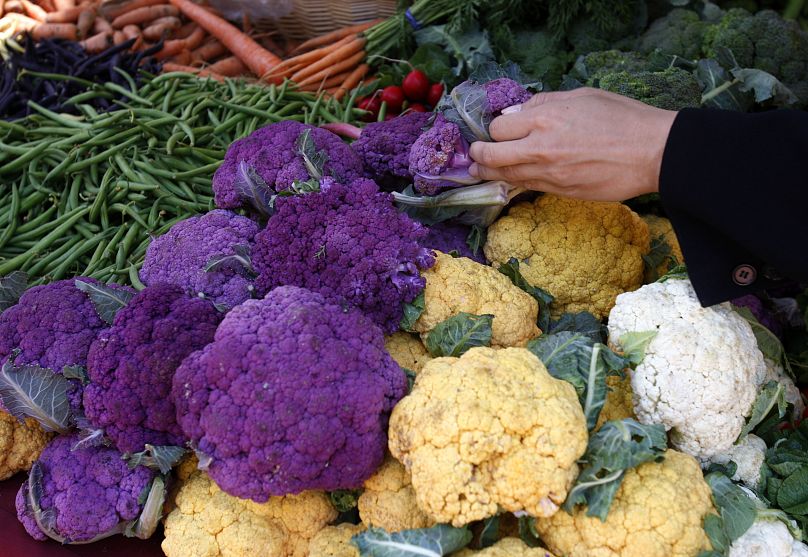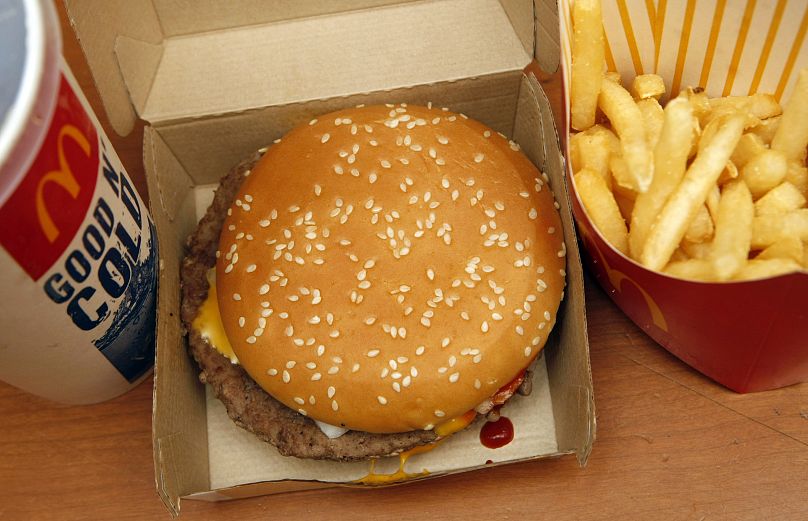According to a new study, one in five young people (aged 15 to 24) are unable to identify a zucchini in a photo, with 18% seeing it as a cucumber and 2% as an aubergine. The report also suggests a significant number of young people have difficulty maintaining a healthy, balanced diet.
The French government is reportedly examining plans to increase home economic education after a new study which claims one in five young people can't identify everyday vegetables.
 ADVERTISEMENT
ADVERTISEMENT
 ADVERTISEMENT
ADVERTISEMENT
A survey by Harris Interactive Study called “The French and daily diet” highlights the disparities in dietary behavior between different age groups of the French population.
Those aged 15 to 24, which accounts for 20%, cannot tell the difference between a zucchini (more commonly known in France as a courgette) and a cucumber. Faced with an image of a zucchini, 18% of young people thought they recognised a cucumber while 2% thought they saw an aubergine.
Among people aged over 24, also interviewed based on the same images, the results were not promising either: 11% cannot recognize zucchinis and 10% confuse them with cucumbers.
Fruit is in the eye of the beholder
When it comes to other foods, the percentage of people unable to recognise a fruit and a vegetable drops down; grapefruit is confused with a blood orange by 16% of French people. A lower proportion among young people under 25 this time, 12% of whom make the same mistake.
Cauliflower was also subjected to the same test, where only 4% of respondents among those aged 15-24 did not know how to answer, compared to barely 1% for the entire population.
Following these results, Minister Delegate Olivia Grégoire has said that the government has a desire to promote more solid food education, stating that food education is both “a major public health issue” and “an issue of purchasing power”.
To encourage the younger generation to eat better, cook, and consume fresh products, 83% of young people agree that there should be better information and education on food products in schools.
"Tell me what you eat and I will tell you who you are"
Although the perceived excellence of French cuisine and restaurants has long represented a vital part of the country's cultural identity, these surprising results prove that young people are not making ratatouille at home.
The study shows that the consumption of fresh fruits and vegetables is less frequent among young people, as they resort more to processed dishes (44% compared to 23%).
Infact, 89% of 15-24 year olds prefer starchy foods (pasta, rice, potatoes) and 40% eat canned goods and jars.
More than half of young people aged 15 to 24, 59% of them eat at least once a month in a fast food restaurant, compared to 37% of the entire population.
Meanwhile, only 46% of the people surveyed say they cook fresh produce like zucchini and cucumber every day or almost every day.













